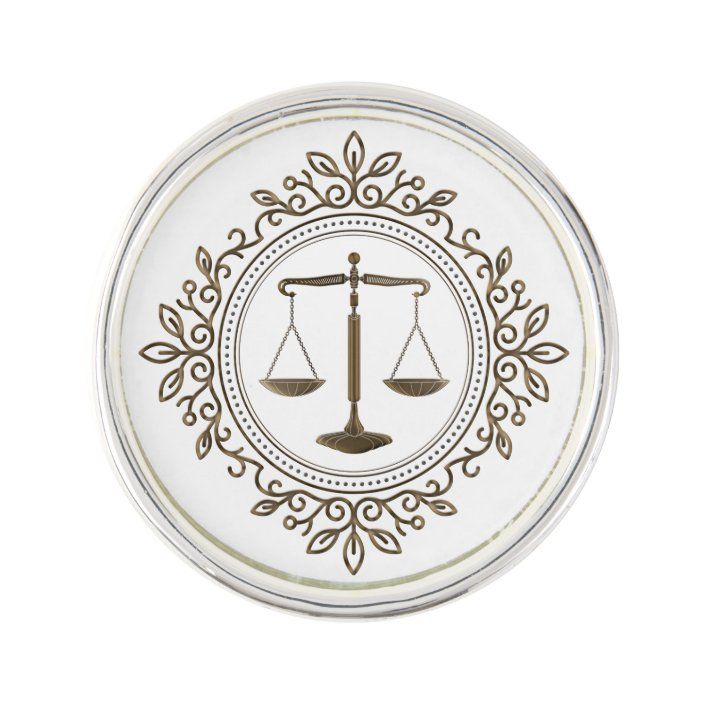Legal secrecy: what clients need to know
Introduction
Lawyer confidentiality is one of the key principles of legal ethics and an important guarantee of protecting the rights and interests of clients. This principle ensures the confidentiality of information that becomes known to a lawyer during the provision of legal assistance. In this article, we will consider what attorney confidentiality is, what its main provisions are, and how clients can protect their rights.
What is lawyer's secrecy?
Attorney confidentiality is the attorney's duty not to disclose information that became known during the provision of legal assistance to the client. This information includes all data, documents and materials related to the client's case. Attorney confidentiality applies to:
- Information received from the client: Personal data, financial information, case details and other confidential information.
- Documents and Materials: Correspondence, documents, evidence, and other materials provided by the client to the attorney or prepared by the attorney for the client.
- Strategies and Advice: Recommendations, legal strategies and other professional advice provided by an attorney to a client.
Basic provisions of lawyer's secrecy
- Confidentiality: A lawyer has no right to disclose information constituting a lawyer's secret without the client's consent.
- Protection of information: The lawyer is obliged to take all necessary measures to protect confidential information from unauthorized access.
- Exceptions: Disclosure of lawyer's secrets is permitted only in cases provided for by law or with the client's consent.
How can customers protect their rights?
- Consultation of a lawyer: Before starting cooperation with a lawyer, it is important to get a lawyer's consultation to understand what rights and responsibilities both parties have.
- Legal analysis of the situation: For a more detailed understanding of the legal aspects of your case, you can conduct a legal analysis of the situation. This will help determine what information should be shared with the attorney and how it will be protected.
- Online Lawyer: Using an online lawyer can be a convenient way to get legal help while keeping your information confidential.
- Written consultation: You can use the written consultation service to document the advice and recommendations provided.
Liability for violation of lawyer's confidentiality
Violation of attorney confidentiality is a serious offense that may have the following consequences for an attorney:
- Disciplinary liability: A lawyer may be subject to disciplinary liability, including disbarment.
- Civil and legal liability: The client has the right to claim compensation for damages caused by the breach of attorney confidentiality.
- Criminal liability: In case of disclosure of state or commercial secrets, the lawyer may be held criminally liable.
Tips for clients on protecting attorney confidentiality
- Choosing a reliable lawyer: Choose a lawyer with a good reputation and experience in the relevant field of law.
- Documenting the relationship: Sign a contract with a lawyer that clearly spells out the terms of confidentiality and obligations of the parties.
- Regular Communication: Maintain regular communication with your attorney to stay up to date with all stages of your case and ensure that confidential information is properly protected.
- Use secure communication channels: Use secure communication channels, such as encrypted e-mail or specialized document sharing platforms, to share confidential information.
Conclusion
Lawyer confidentiality is a fundamental principle of lawyer activity that ensures the protection of the rights and interests of clients. Understanding the basic provisions of attorney confidentiality will help clients better protect their confidential information and avoid potential problems.
Lawyer consultation, legal analysis of the situation, online lawyer assistance and written advice are the services that will help you ensure proper protection of your confidential information and make the right decisions.

































